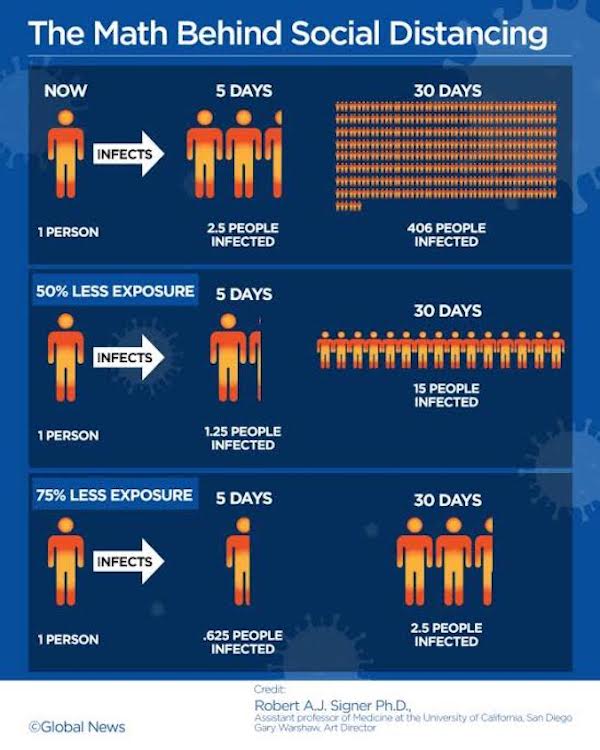This week, schools across the country are returning from an extended spring break to distance learning, including Emory University where I am currently pursuing my master’s in divinity. It’s a time of anxiety for many students as “ordinary life” doesn’t mean anything anymore, we’re adapting to several life changes all at once, many of us are concerned about loved ones who are vulnerable to the virus or are vulnerable ourselves, and we’re still carrying the usual stress of academia. As I prepare to Zoom into classes this week, I’ve been reflecting on the question: what does it mean to be a good seminary student in the face of Covid-19?
Beaverton pastor Dr. A.J. Swoboda writes in his book “A Glorious Dark,” “The best advice I was ever given about seminary was that it was good to get Bs because it meant you had a life outside of it…. Seminary isn’t supposed to be about seminary – seminary is the place where we learn to go do the real stuff of real life with a real God in the world.” Yes, I will continue to read and write and translate for the rest of the semester, but seminary, especially in the midst of a crisis, is not about seminary.
Doing Stuff In the Real World?
So, what does it look like to “do the real stuff of real life with a real God in the world” right now? For those of us preparing to work in churches or non-profits or education, human interaction is part of our ministry. We’re used to engaging in a “ministry of presence,” not a ministry of social distance. But maintaining social distance is a ministry right now. Even though it may feel like we’re sitting around doing nothing while the world falls apart outside of our walls, staying inside is one way we can help protect each other. As author and activist Austin Channing Brown writes, “Practicing justice means acting in ways that prioritize the most vulnerable. Right now, that means social distancing, because thats what the most vulnerable among us need from us.” By decreasing our exposure to others and thus the risk of contracting and passing along the virus, way fewer people end up being infected in the long-run. One person limiting her exposure to others by 75 percent can reduce the number of infections she may cause in 30 days from 406 to 2.5.

Still, is staying in my apartment indefinitely while I do my classes online the best way to be a seminary student right now? As professor of education at Swansea University Dr. Janet Goodall has noted, “this is NOT an ‘opportunity’ – it is not a ‘great time to write’. It is a global pandemic. People are dying.” Grades and personal career advancement should not be our top priority right now. Being a good seminary student doesn’t mean having the highest GPA. It means doing “the real stuff of real life,” and real life is disease and isolation and economic hardship.
What You Can Do
So, here are some ideas for how seminary students, ministers, and everyone who wants to contribute to their global community can make the most of this opportunity to engage in love, kindness, and generosity:
- Those of us who are fortunate enough to be able to work remotely can support our neighbors who cannot work right now by donating to organizations like UNITE HERE, the American Guild of Musical Artists, and Big Table.
- Pray for and support immigrants who may not receive government support.
- Pray for and support victims of domestic violence, which is on the rise as more people are restricted to their residences.
- Help feed children who rely on school lunches for nourishment by donating to No Kid Hungry, or volunteering at Bite 2 Go or your local food bank (call first to make sure they are taking new volunteers and make sure to follow all of their safety guidelines). Maybe engage in a lunch fast and to put your lunch money toward feeding a child that might otherwise go without food.
- Call and write letters to folks who are unable to leave their homes. See if you can pick up groceries or prescriptions for them or if they just need someone to talk to.
- Connect with your community to see if there is anything else you can do to help, like donating hygiene supplies or giving someone who has been removed from their residence or who can’t risk infecting those they live with a couch to crash on.
Social distancing is not an opportunity for personal advancement, but it is an opportunity to engage in creative ministry and care for each other over a distance. So, to my fellow seminary students, let’s not get overwhelmed by our to-do lists or distracted from what’s most important right now.
Let’s go earn some B’s.






